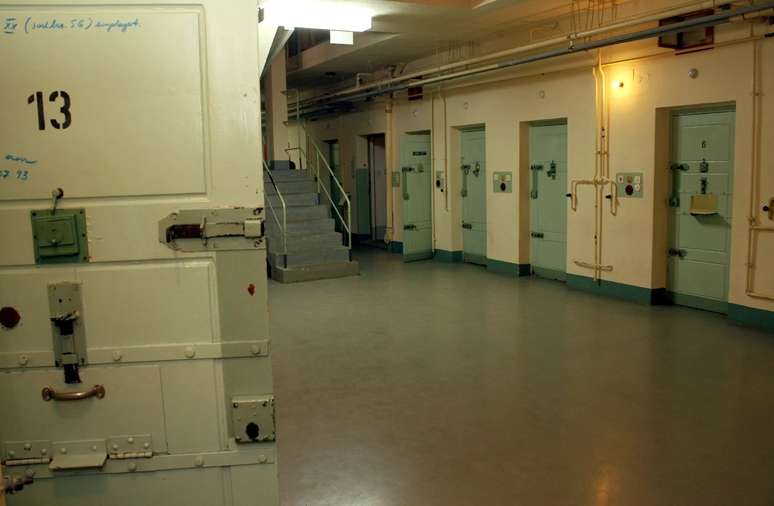It is one of the few preserved penitentiary monuments in Germany. […]
* This text is part of the series of specials that Viagem em Pauta has prepared to commemorate the 35th anniversary of the fall of the Berlin Wall, which will take place next November
In Dresden, 193 kilometers from the German capital, between Munich and Berlin, there is one of the few preserved penitentiary monuments in German history, one of the cruelest chapters of the Berlin Wall era.
Open to the public, in one of those German attempts to portray the past to avoid repeating mistakes in the future, the site was known for the preventive arrests of fugitives from Dresden and satellite countries, such as Czechoslovakia, and for persuasive interrogations that sought to convince them that cooperation was the best way to reduce their sentences.
The Stasi Haft Dresden, which today is the moving Memorial on Bautzner Straße, came under military administration after the Soviet invasion of Dresden in 1945 and also housed the Soviet Union’s secret services.
During a visit to the memorial, you can visit the former office of the head of the Stasi, as the East German secret police was called, as well as the basement and cells.
However, more than a space to remember the victims of political persecution in the Soviet occupation zone, the place is also a research center on the causes, structures, methods and consequences of dictatorships and ideologies.

In the 1960s, physical violence was eliminated from interrogations in order to preserve the image of the GDR (German Democratic Republic, known as East Germany), replaced by other methods of pressure such as blackmail, psychological torture and long night-time interrogations.
Also on site were cell informants, men who collaborated with the Stasi, as the East German secret police was called, who according to official figures made up 14 percent of the prison population.
And the routine was in the cruelest way possible.
Showers were only given once a week, letters written to inmates’ families were read (and censored, if applicable) before being sent to their recipients, and prisoners were also forbidden from talking, singing loudly, or having verbal contact with other prisoners.
FIND OUT MORE
Memorial on Bautzner Strasse
Bautzner Straße 112a – Dresden/Germany
Every day from 10:00 to 18:00
Entrance: €8.00
bautzner-strasse-dresden.de/
Source: Terra
Ben Stock is a lifestyle journalist and author at Gossipify. He writes about topics such as health, wellness, travel, food and home decor. He provides practical advice and inspiration to improve well-being, keeps readers up to date with latest lifestyle news and trends, known for his engaging writing style, in-depth analysis and unique perspectives.





![Tomorrow belongs to us: What awaits you in the episode of August 29, 2020, 2020 [SPOILERS] Tomorrow belongs to us: What awaits you in the episode of August 29, 2020, 2020 [SPOILERS]](https://fr.web.img6.acsta.net/img/51/c7/51c72d2f42c8a12290ae58aeb9072b31.jpg)



